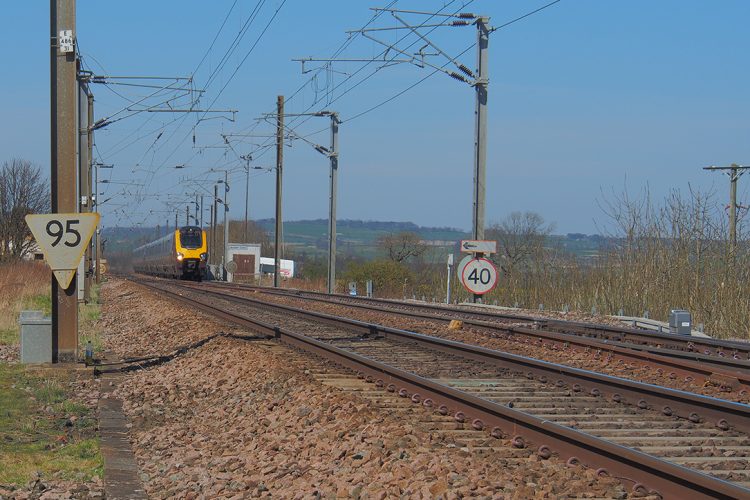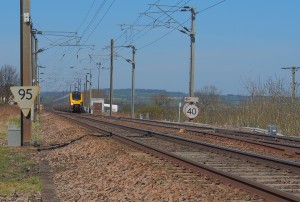Track to the Future research programme begins
Posted: 30 June 2015 | | No comments yet
An £8.5 million research programme known as Track to the Future (T2F) has launched this month aiming to develop railway tracks for the future. Track to the future is a five year research collaboration between the Universities of Southampton, Birmingham, Huddersfield and Nottingham. Funded primarily by a £5.2 million grant from the Engineering and Physical […]


An £8.5 million research programme known as Track to the Future (T2F) has launched this month aiming to develop railway tracks for the future.


Track to the future is a five year research collaboration between the Universities of Southampton, Birmingham, Huddersfield and Nottingham. Funded primarily by a £5.2 million grant from the Engineering and Physical Sciences Research Council (EPSRC), the programme aims to develop low maintenance tracks that last longer, cost less and ultimately reduce disruption for travellers. In addition, a comprehensive industry partnership led by Network Rail will steer research and make use of the scientific discoveries.
The programme will address new pressures on railway infrastructure such as the increase in frequency and speed of trains due to demand, the time available for maintenance and environmental impacts including noise and vibration. Climate change on existing infrastructure will also be addressed including the impact on exposed coastal railways and vulnerable earthworks.
Join our free webinar: Rail cyber-security in a time of technological and regulatory transformation
Join our expert panel, including speakers from Nokia and Siemens Mobility, to explore the critical convergence of cybersecurity and 5G rail comms.
Date: 3 Dec | Time: 15:00 GMT
Can’t attend live? No worries – register to receive the recording post-event.
Professor William Powrie, from the University of Southampton and lead academic on T2F, said: “We are addressing these key challenges through state-of-the-art experimental and analytical techniques, and the integration of advanced behavioural models in the areas of geomechanics, track systems, vehicle dynamics, noise and vibration.
“By extending our scientific knowledge and developing new analytical tools, we will make it possible for engineers to design railway track systems that give longer, more reliable service at much reduced cost.”
The programme will be carried out in collaboration with industry and benefit from complementary research activities, including Strategic University Partnerships between Network Rail and the universities of Southampton, Birmingham and Nottingham, and between RSSB and Huddersfield; engagement of the university partners in FutureRailway and Shift2Rail and other publicly-funded railway infrastructure research; and facilities in the new National Infrastructure Laboratory at the Southampton Boldrewood Innovation Campus, as part of the UK Collaboratorium for Research in Infrastructure and Cities (UK-CRIC).
Global Railway Review Autumn/ Winter Issue 2025
Welcome to 2025’s Autumn/ Winter issue of Global Railway Review!
The dynamism of our sector has never been more apparent, driven by technological leaps, evolving societal demands, and an urgent global imperative for sustainable solutions.
>>> Read the issue in full now! <<<
Related topics
Track Systems, Track/Infrastructure Maintenance & Engineering








